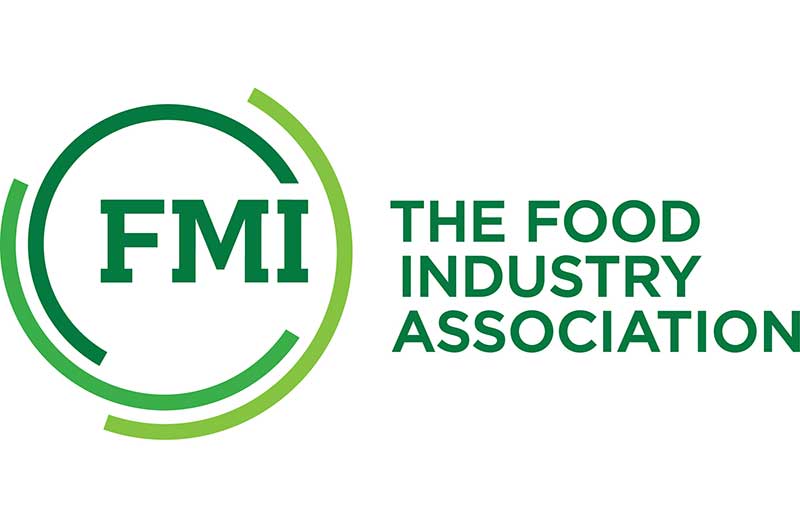FMI – The Food Industry Association participated in a virtual, public meeting hosted by the U.S. Department of Agriculture (USDA) regarding the Farmers to Families Food Box program.
FMI VP of Political Affairs Hannah Walker offered the following comments:
“Last spring – as restaurants and schools shut down – many producers found themselves with excess commodities. FMI worked with processors, farmers and regulators finding ways to take products that were originally for restaurants or food service and redirect them to the grocery aisles, while maintaining necessary food safety and labeling requirements.”
“The Farmers to Families Food Box program was originally created to identify excess commodities, prevent them from being wasted and deliver them to those in need. However, the program has now been expanded well beyond just excess product. FMI members have reported supply chain strains and challenges when a food box grantee can pay a higher premium for products using government dollars. Grocers have also been approached by grantees offering to buy foods directly from them for the food boxes.”
“FMI would like to work with the agency to tackle excess product and end hunger. As with other successful programs it will require all parties working together toward the common goal.”
FMI firmly believes that market disruptions like these, outside of the efficiency of the existing supply chain, drive-up shelf prices hurting SNAP and other low-income shoppers, in addition to making the Food Box program itself more expensive for the government.
As the food industry association, FMI works with and on behalf of the entire industry to advance a safer, healthier and more efficient consumer food supply chain. FMI brings together a wide range of members across the value chain — from retailers that sell to consumers, to producers that supply food and other products, as well as the wide variety of companies providing critical services — to amplify the collective work of the industry.

